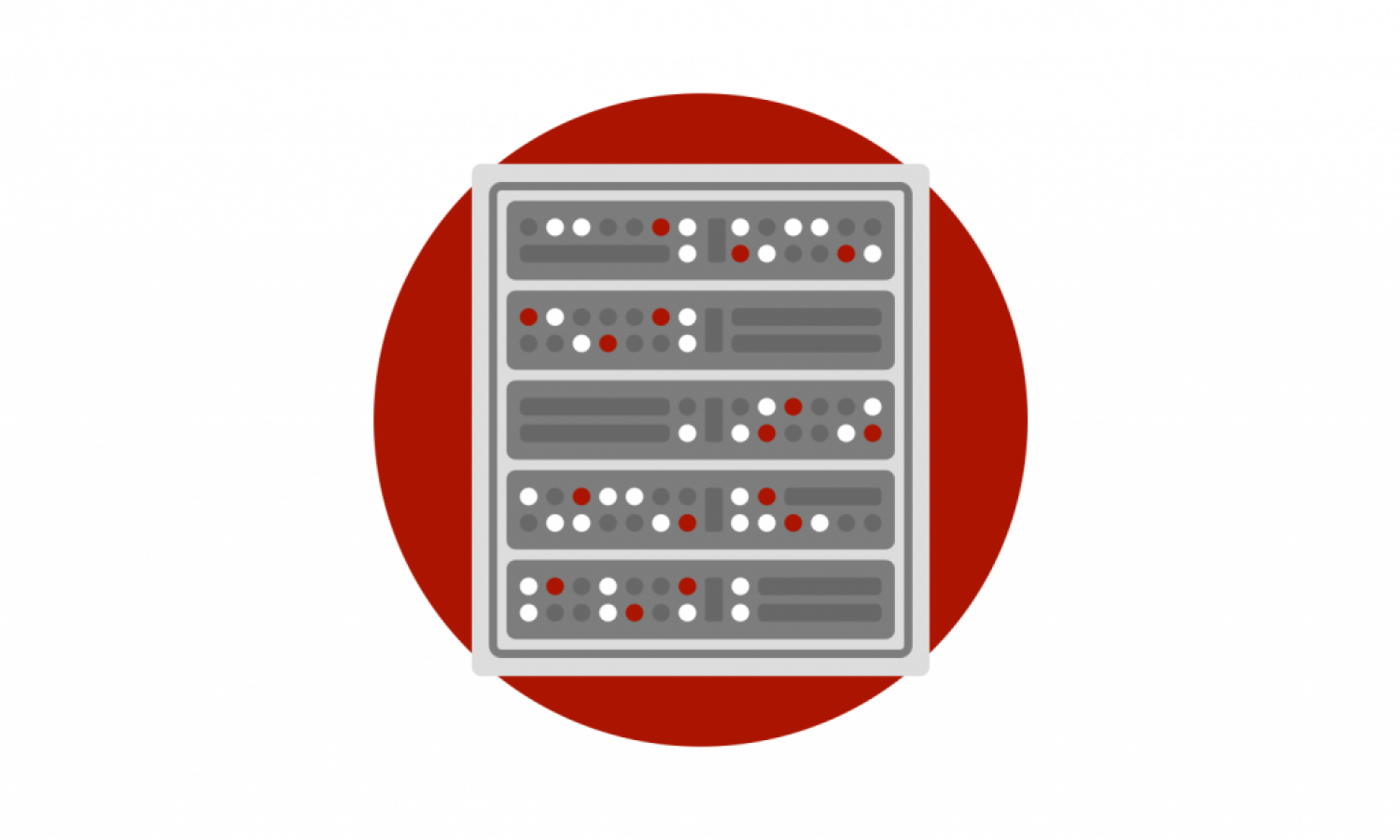Shaping the Future of Internet Governance
The following is a guest post by i2Coalition Co-Founder David Snead.
Supporting a multistakeholder process to determine Internet governance is a top priority for the i2Coalition and over the past year, we’ve taken an active role in advancing our position within the international community. I recently attended the Internet Governance Forum (IGF) in Bali, Indonesia to reiterate the i2Coalition’s support for ensuring key constituencies have a voice. As you know, the IGF’s primary goal is establishing a multistakeholder discussion on Internet governance as a directive from the World Summit on the Information Society.
Overall, there were two main overarching themes at the IGF conference in Indonesia: surveillance and a possible meeting in Brazil to discuss Internet governance in April. While no one really talked about surveillance specifically, it was euphemistically referred to as “recent events,” and Edward Snowden’s revelations and responses to them colored most discussions I attended. The scope and extent of U.S. surveillance appeared in unlikely places: for example discussions about child endangerment and intermediary liability.
One thing is clear based on the discussions that I observed on this topic, which is that the Snowden revelations have significantly diminished the credibility of both the U.S. government and that of U.S. businesses in the Internet governance process. Significant steps need to be taken in order to repair this damage. In particular, the U.S. government needs to show that it is seriously considering the concerns of individuals and entities outside the U.S. In addition, businesses within the U.S need to show that they are not active participants with surveillance agencies and are analyzing the statutes and methods that authorize surveillance.
The second issue follows closely from the first. The multistakeholder form of Internet governance has been under critical review for some time now, and the surveillance disclosures have increased the desire to critically examine this structure. The key issue appears to be: what role will governments have in Internet governance?
While the outlines of the Brazil summit were definitely in flux during the IGF, the issue of the role of governments in Internet governance will likely be a key one in any discussion that takes place. We know now that the meeting discussed at the IGF will take place April 23-24 in Sao Paolo. This meeting will no doubt include an examination of how effective current models of Internet governance are at balancing the needs of diverse individuals and entities while ensuring that the Internet remains stable overall. This will certainly be an important balancing act. Apart from of participants’ views on whether or not the Internet needs more or less regulation, the backdrop continues to evolve, making it a fascinating time to contribute to ongoing discussions about the future of the Internet freedom and regulation.

